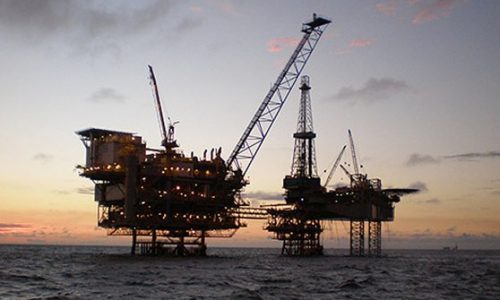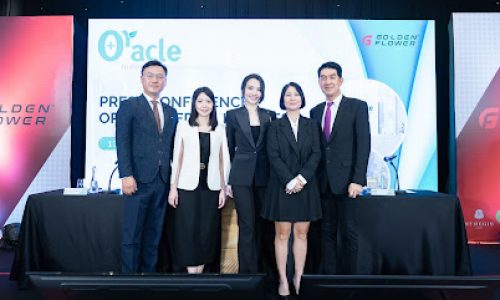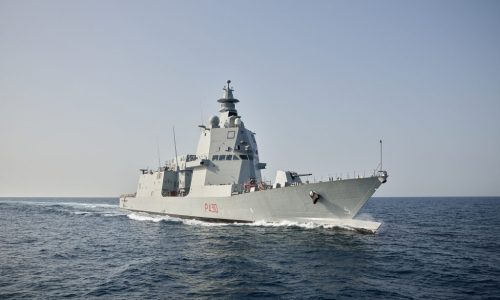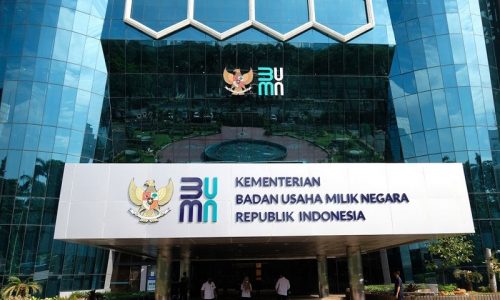An economic observer has lent his support behind the establishment of Daya Anagata Nusantara Investment Management Agency or BPI Danantara, which is projected to become the new State-Owned Enterprises (SOEs) Superholding, a mechanism to support development financing on Indonesia.
Economist and Capital Market Observer, Yanuar Rizki, said in an effort to achieve the goal of independent national development, consolidation of financial reports of all SOEs is needed, so that state assets can be utilized outside the State Budget (APBN).
Yanuar stated that there are two common investment models: First, the Sovereign Wealth Fund (SWF) such as the Indonesia Investment Authority (INA) which focuses on portfolio management, and second, the superholding model which acts as a controlling shareholder. The second model allows the state to consolidate the financial reports of all SOEs, similar to what has been done by Temasek in Singapore and Khazanah Berhad in Malaysia.
“If the goal is development financing, then there needs to be consolidation of financial reports. But for welfare and prosperity funds, the model could be like INA,” Yanuar said in an interview with Indonesia Business Post, on Monday, November 11, 2024.
According to him, the vision promoted by President Prabowo Subianto, namely financing development and welfare outside the APBN, is in line with this concept. Thus, all SOEs assets will be withdrawn into BPI Danantara.
Yanuar emphasized the importance of strict supervision of this superholding. Authorities such as the Financial Services Authority (OJK), the Supreme Audit Agency (BPK), and the House of Representatives (DPR) will play a role in maintaining the transparency and accountability of BPI Danantara.
For asset management, Yanuar suggested dividing SOEs into three clusters, namely Cost Center that handles public goods, Profit Center that manages corporations and investment portfolios, and Middle Cluster that runs public goods while being able to generate profits such as the energy sector.
This model is similar to Malaysia, where entities that focus on public services under the Public Service Agency (BLU) are controlled by the Ministry of Finance, while profit-oriented entities are under Khazanah.
“In Malaysia, the cost center becomes BLU under the Ministry of Finance (technical), in the middle is the holding Petronas. Meanwhile, all profit centers are in Khazanah,” Yanuar cited.
Old discourse
Yanuar admitted that he had discussed with Tanri Abeng, former Minister of State for Empowerment of SOEs, about this superholding plan. He said that Tanri had proposed to then President Soeharto that development funding be carried out by utilizing the SOEs balance sheet.
This idea involves separating state-owned company assets from state assets so that they can be used as development capital independently. This effort began by moving the management of SOEs from the Ministry of Finance to a ministry that specifically manages SOEs.
“The discourse on superholding has been around for a long time,” Yanuar said. He believes that if the consolidation of SOEs assets is successful, the capital value will be very large and provide financial independence for Indonesia in the future.
Referring to the experience of neighboring countries, Yanuar said that Singapore through Temasek and Malaysia through Khazanah have been building superholdings for a long time, even since 2002. This, according to him, shows that Indonesia needs to catch up.
“That shows that the SOEs Ministry is political and not focused on its goals,” he concluded.









